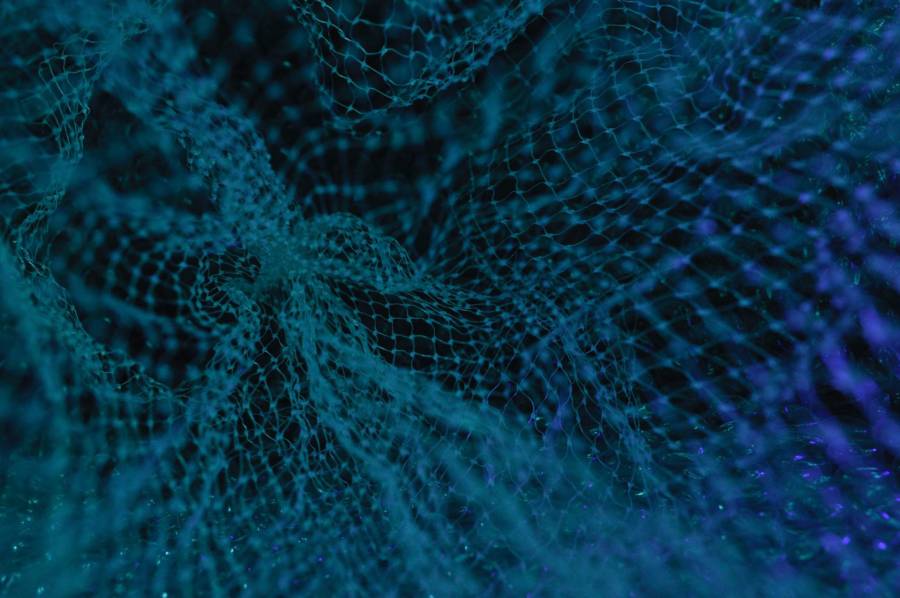The cryptocurrency services of Worldcoin, a startup founded by Sam Altman and Alex Blania, have officially gone global. The mission of the company is to improve the quality of life for people all over the world by facilitating the spread of democracy and expanding economic opportunities in the digital realm.
Worldcoin’s proprietary eyeball-scanning verification device, the Orb, makes this possible. If you want to join the experiment, you’ll need to get the World App and go to an Orb to get a World ID.
Andreessen Horowitz, Khosla Ventures, and Reid Hoffman are just some of the investors who have put up $250 million to back Worldcoin. The company has drawn both praise and criticism for its lofty aspirations and accusations of exploitative business practices in developing nations.
Worldcoin is not yet available in the US; however, the company has plans to expand into the market. For the first fifteen years, the startup will only release 10 billion of its tokens.
The purpose of Worldcoin is to establish a global scale alignment, which will give everyone a voice in shaping the world’s future. The company thinks its tech can help with this by giving people a stronger voice in decision-making and making it simpler for them to take part in the global economy.
First reported on TechCrunch
Frequently Asked Questions
Q. What is Worldcoin and what are its goals?
Worldcoin is a crypto startup founded by Sam Altman and Alex Blania with audacious goals of distinguishing humans from AI online, enabling global democratic processes, and drastically increasing economic opportunities through their cryptocurrency.
Q. How does Worldcoin plan to verify unique human identities?
Worldcoin is deploying identity technology through its protocol-compatible wallet software, World App, and an eyeball-scanning verification device called Orb. Users can download the app and visit an Orb to receive their World ID, which distinguishes them as unique humans.
Q. What has been the response to Worldcoin’s rollout?
Reactions to Worldcoin’s rollout have been mixed. While some users praise the innovative approach and contemporary logo, others find it dull and uninspiring.
Q. Has Worldcoin faced any challenges during its journey?
Yes, Worldcoin has encountered some challenges, including criticism for exploitative practices in certain countries. However, the startup has quietly onboarded over 2 million individuals across 30 countries since 2021.
Q. What are the potential applications of Worldcoin’s technology?
Worldcoin’s technology has various potential applications, including fortifying incentive strategies susceptible to fraud, combating bots through identity confirmation, and facilitating global democratic governance.
Q. How are Worldcoin’s tokens managed and distributed?
Worldcoin is holding about 20% of its tokens, and the tokens will not be initially launched in the U.S. The total supply is capped at 10 billion “WLD” tokens for the first 15 years, with the maximum circulating supply at 143 million tokens at launch.
Q. What impact does Worldcoin hope to achieve in the future?
Worldcoin aims to drastically increase economic opportunities, establish a reliable system for distinguishing humans from AI online, and potentially demonstrate a path to AI-funded universal basic income (UBI).
Q. How has the crypto community responded to Worldcoin’s goals?
The startup’s vision of global scale alignment has been met with both intrigue and skepticism, with Twitter co-founder Jack Dorsey describing it as “cute.”
Q. What other changes has Worldcoin made to Twitter besides its logo?
In addition to the new logo, Worldcoin has implemented changes to Twitter’s verification process and tweet editing capabilities. The company’s founder, Sam Altman, has expressed a dedication to revamping Twitter’s aesthetics.
Q. What will be the next steps for Worldcoin in achieving its goals?
As Worldcoin’s journey continues, the impact of its technology on cryptocurrency and its potential for global adoption will be closely watched. The company’s commitment to global scale alignment and its ongoing efforts to innovate will shape its future direction.
Featured Image Credit: Unsplash


















